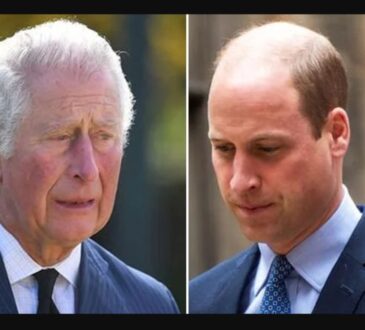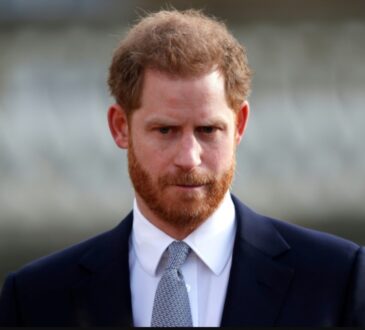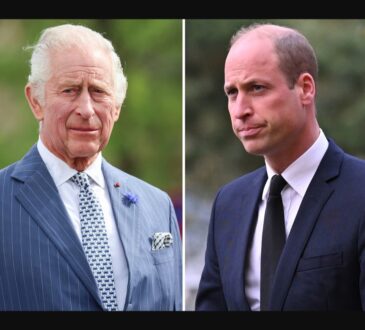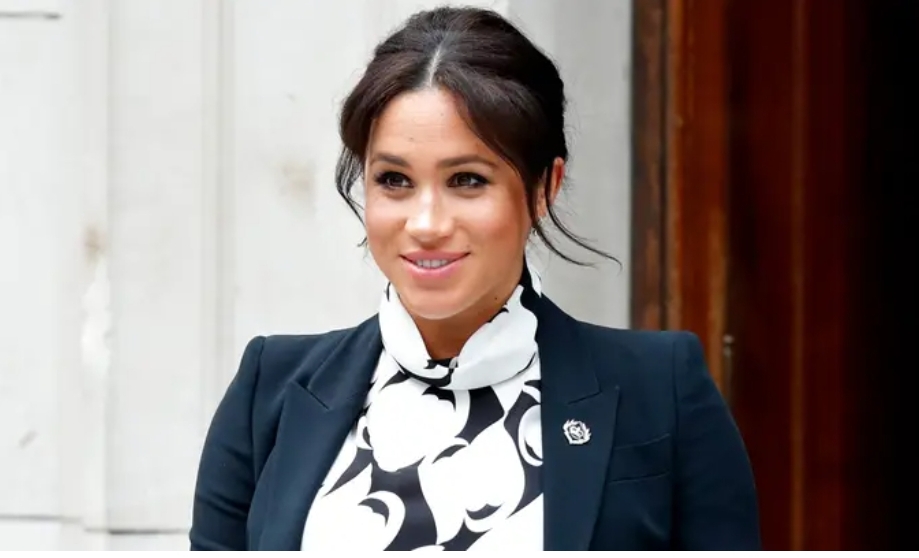
In the ever-evolving saga of the Duke and Duchess of Sussex, Meghan Markle’s use of her royal title continues to spark debates and stir the pot of public opinion.
The couple, who relinquished their senior-level positions within the royal family in 2020, lost their HRH status, but their titles as Duke and Duchess of Sussex have remained intact.
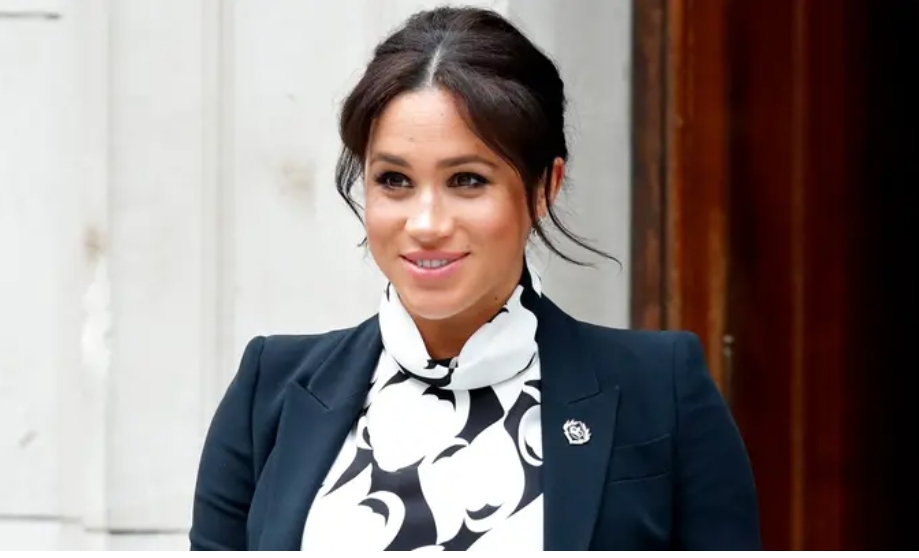
This decision, coupled with Meghan’s occasional use of her duchess ranking has ignited a storm of criticism, with some branding her as ‘egotistical’ and questioning her motives behind maintaining the formal address.
Recently, a TikTok video surfaced, juxtaposing Meghan’s use of her title with other royals’ more casual self-introductions.
In this social media snippet, the Duchess of Sussex referred to herself as the Duchess of Sussex while her royal counterparts opted for their first names.
The clip, shared with a caption dubbing Meghan as ‘egotistical,’ further fanned the flames of public discourse regarding her stance on her royal status.
Critics argue that Meghan’s choice to utilize her title, especially in contexts involving political discussions, portrays a certain disconnect.
Professor Pauline Maclaran expressed her opinion on Meghan’s use of the duchess title, particularly concerning her advocacy for parental leave.
Maclaran suggested that Meghan could have emphasized her career achievements or her role as the co-founder of Archewell instead of leaning on her royal status.
“I don’t think that was an appropriate move,” Maclaran asserted, indicating that Meghan’s dual identity might be causing confusion. “To me that indicates she doesn’t quite know where she is. She wants to use that title as a status symbol but, for a political route in the U.S., using a title is really rather ridiculous.”
However, Meghan’s defenders argue that her attachment to her title doesn’t necessarily reflect egotism but rather a complex intertwining of identity.
Some believe that she continues to embrace the duchess rank not out of arrogance but as a testament to her identity.
The debate deepens as it intertwines with the broader questions of identity, tradition, and Meghan’s role in the modern era of the royal family.
Ingrid Seward, a respected royal expert, criticized Meghan’s commercial ventures, claiming they compromised the dignity of her royal standing.
“Maybe I’m a bit old-fashioned,” Seward remarked, “but I really don’t think a duchess who’s married to the King’s son should be going around promoting goods.” Seward’s concerns revolved around Meghan’s commercial pursuits, a stark departure from the more subdued approach expected from working royals
Yet, Harry, in a conversation with Anderson Cooper, defended their decision to retain their titles. When Cooper questioned why he hadn’t renounced his titles, Harry’s response was unequivocal.
“And what difference would that make?” he challenged, suggesting that the titles were not just symbolic but practical, providing a language that resonates with certain audiences.
Harry’s insistence on maintaining his titles reflected his strategy to communicate directly and truthfully, bypassing unreliable intermediaries.
The controversy surrounding Meghan’s title usage encapsulates a broader dialogue around the role of royalty in the modern world.
As the dynamics of the royal family continue to shift, so does the interpretation of traditional titles. For Meghan, the duchess title represents not just a rank but a part of her identity—a complex blend of past, present, and future aspirations.
As the world watches, the debate over Meghan’s titles becomes a microcosm of the broader discussions on the evolving face of royalty, personal identity, and the enduring significance of tradition in an ever-changing world.

